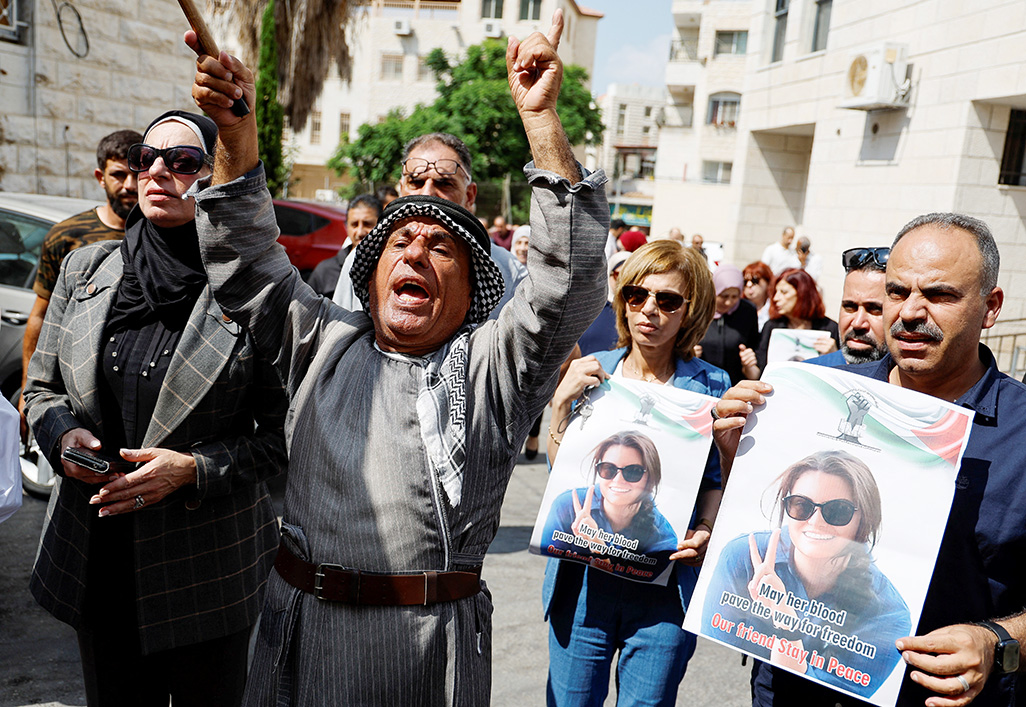The U.N. human rights chief said on Monday that ending the nearly year-long war in Gaza is a priority and he asked countries to act on what he called Israel’s “blatant disregard” for international law in the occupied Palestinian territories.
Nearly 41,000 Palestinians have been killed in Gaza, according to Gaza health officials, since Israel unleashed a military campaign in response to cross-border attacks by Hamas militants on Oct. 7, 2023 in which 1,200 people were killed and a further 250 taken hostage. The conflict has also fuelled a surge in violence in the Israeli-occupied West Bank.
“Ending that war and averting a full-blown regional conflict is an absolute and urgent priority,” the U.N. High Commissioner for Human Rights, Volker Turk, said in a speech at the start of the five-week U.N. Human Rights Council session in Geneva.
“States must not – cannot – accept blatant disregard for international law, including binding decisions of the (U.N.) Security Council and orders of the International Court of Justice, neither in this nor any other situation.”
He cited an opinion released by the U.N. top court in July that called Israel’s occupation illegal and Turk said this situation must be “comprehensively addressed”. Israel has rejected the opinion and called it one-sided.
Turk’s comments were given in a broad speech marking the mid-way point of his four-year term as U.N. rights chief where he described massive challenges around the world and a crisis of political leadership. The session will also debate crises in Sudan, Afghanistan and Ukraine.
“It seems to me we are at a fork in the road. We can either continue on our current path – a treacherous ‘new normal’ – and sleepwalk into a dystopian future,” he said in a speech met with applause from diplomats.
He denounced the increased use of the death penalty and “alarming regressions” on gender equality, in reference to new morality laws in Afghanistan.
In Western countries like Britain, Germany and the United States, politicians risk spurring violence by scapegoating migrants and minorities during election periods, he said.
Turk, a former lawyer from Austria, also used the speech to defend his record, after criticism from some that his policy of engaging China over alleged abuses has been too soft.
“I believe in engagement, frank exchanges and keeping dialogue open, even more so in the face of fierce disagreement,” he said.







Click here to change your cookie preferences